|
I was asked to appear on Judi Love's radio show to discuss the black secondary trauma. Take a listen - https://www.bbc.co.uk/sounds/play/p08tbhws
0 Comments
This is an article I wrote for a magazine based in Belgium late 2019/early 2020. You should be able to translate it into English, however I've attached an English version. https://www.bamko.org/analyses-2019: https://6274c06d-5149-4618-88b2-ac2fdc6ef62d.filesusr.com/ugd/3d95e3_4328d64adc88442992c2d6fe4be9c172.pdf
Episode Info
What are the barriers stopping Black people, men in particular, going to therapy? Why are there less men of colour therapists? https://www.stitcher.com/podcast/what-matters-with-alex-reads/e/65742612?autoplay=true This information sheet gives an overview of the impact of immigration from African and the Caribbean, and the adverse effects of broken relationships and sometimes traumatic reunions on children. It was a collaborative effort between myself and Dr Elaine Arnold of the charity, Supporting Relationships and Families. It's not intended to be an academic piece, rather something that touches on the experiences of so many black and families I know, including my own. Coming into a hostile environment is spoken of particularly in light of recent events however what I observed a few years ago was that nearly not enough attention was the relational impact of the many family separations that occurred as a result of immigration to the UK. The intention of the info sheet is to provide some insight and understanding to those impacted, directly and indirectly by these experiences. Please feel free to contact me if you have any questions.
A great conversation with psychotherapist Esther Perel, reflecting on a number of topics such as attitude to relationships, desire, love and dating. This is for everyone regardless of relationship status. Be sure to check out her YouTube page for tips and advice in her bite size videos. 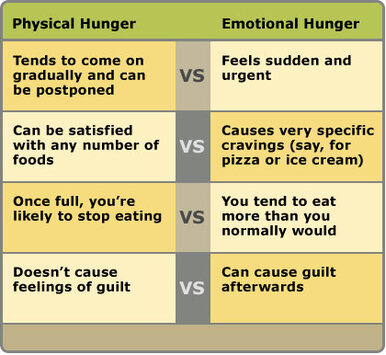 We live in age of perpetual dieting and tons of TV shows looking at weight loss and body image. In popular culture programmes related to food and weight are easy content. However on a serious level eating disorders such as anorexia, bulimia and binge eating disorder are devastating many people’s lives:
The causes of eating disorders are wide-ranging, however stress and trauma are thought to play significant roles therefore the treatment may involve work with a number of professionals. On an everyday level, there are many people who struggle with their weight and have an unhealthy relationship with food which is one of the biggest challenges people can face because food is something everybody requires. Therefore even if you have a poor relationship with food it’s still something that can’t abstained from. The fact that food is required means that whatever happens the person has to eat whatever the quality of its nutritional values. Moreover people battling with their weight and doing countless diets are invariably failing because they are trying to modify their behaviour without addressing the emotional components as most of the time people aren’t eating just to satisfy physical hunger. When people eat to relieve their emotional stress / discomfort rational decision making often goes out of the window thus any attempts to address this issue needs to be taken into account to facilitate change at a deeper level including identifying emotional triggers. To start, you have to become clear about whether you are an emotional eater. It includes some of these questions:
The main causes for eating disorders include learnt behaviour within the family or as a coping mechanism as a result of trauma. To build a healthy relationship with food where all the various strategies can be properly used a lot of work needs to be done on the emotional dysregulation which drive the emotional eating. [i] http://www.anorexiabulimiacare.org.uk/about/statistics The New Year is a natural and popular time for renewed focus on personal development and desired life changes. Often intentions fail to materialise for a combination of reasons including lack of concrete plans and sustain application.
When it comes to counselling and psychotherapy, the desire for change, the desire to be happier, to be free from emotional pain requires an accompanying understanding and mind set of tolerance to emotional pain and discomfort. Whilst current life difficulties invariably result in distress such as depression and excessive anxiety, dealing with the causes of the distress also brings contact with denied and unprocessed feelings and emotions. This is also very difficult and can seeming overwhelming to even come near it which can be part of the reason for distress in the first place as coping mechanisms used to help people deal with the emotional pain unwittingly causes the intensity of the feelings or lack of feelings to build over time to the point that it becomes unsustainable. The healing aspect of therapy where experiences need to be processed means a different type of emotional pain and discomfort is encountered. With that it highlights the impasse people often get stuck between where the symptoms such as depression and OCD are down to the difficulty in dealing with the root causes of their distress such as death of a loved one or childhood trauma. Faced with such a situation there is an understandable desire to be relieved from the pain and ironically therapy which is a space of healing can at first glance be seen as a space that doesn’t evoke refuge because it doesn’t represent a pain free option. Doing the work of dealing with a painful past means eventual contact with the pain carried from unprocessed feelings. This is one thing that needs to be highlighted more in that the work of healing as often it get worse in the short term before it gets better in the long term due to the process of facing up the past in all its persuasions including in no particular order - loss, shame, guilt, anger, sadness, mourning, acceptance. In the end it comes down to reaching a tipping point of being in a place to deal with the pain of the unknown future over the known pain of the past and present, either way there’s no pain free option when it comes making changes in your life and dealing with the emotional injuries and its legacy. For emotional wellbeing and improved health there is a need to learn how to regulate our emotions, particularly if it’s something that hasn’t been intuitively learned.
Often at the heart of emotional difficulties is the difficulty caused by people becoming overwhelmed by their emotions for one reason or the other. Therapy helps with the integration of unprocessed feelings, however in the short term there is a benefit to learning proactive coping techniques to help regain control and build self-confidence. Here are a few resources available through the NHS: http://www.nhs.uk/Conditions/stress-anxiety-depression/pages/ways-relieve-stress.aspx http://www.nhs.uk/Conditions/stress-anxiety-depression/Pages/mindfulness.aspx#different As a therapist I’m glad that our emotional and mental wellbeing is getting more and more attention. Working with a therapist to address issues being experienced allows a fuller life to be lived.
How counselling can help? Through creating a safe and trusting working relationship where anything and everything can be talked about, without judgement, the problems that have arisen in life can be worked through. Therapy can be used to deal with the impact of emotional and mental distress caused by current stressful circumstances or historical life experiences such as, anxiety, depression, financial debt, relationship problems, self-esteem difficulties, traumatic experiences and work related issues. Therapy is often life changing as the insight and growth gained becomes a means for making a change in different areas of your life, for instance:
If you are interested or know anyone who wants to learn more about how counselling can help please ask them to get in touch. I’m happy to answer any questions. I’m a BACP accredited counsellor / psychotherapist. I work, face to face or online, on a short and long term basis depending on individual needs to help with mental and emotional difficulties. I currently have availability to see clients. Also, if you are worried about someone you know and are wondering how to have a conversation about it see this link for guidance. As a therapist I’m happy to see the momentum that is gathering around conversations about mental health, particularly in the African and Caribbean communities, and also in wider society. As much as the stigma attached to mental health is being slowly eroded I feel the conversations are very 2 dimensional. Maybe our use of the words mental health is too encompassing and meshed to enable clear understanding to be had about cause and effect.
|
Categories
All
|
||||||||||||

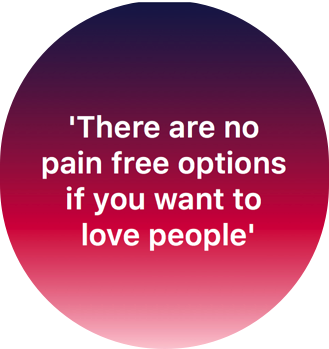
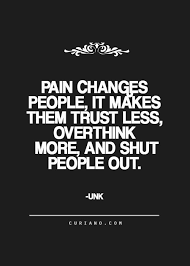
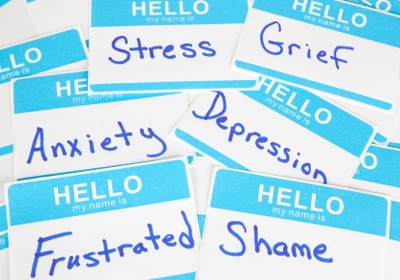
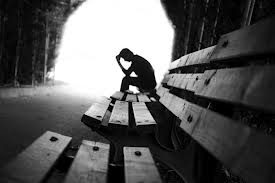

 RSS Feed
RSS Feed
